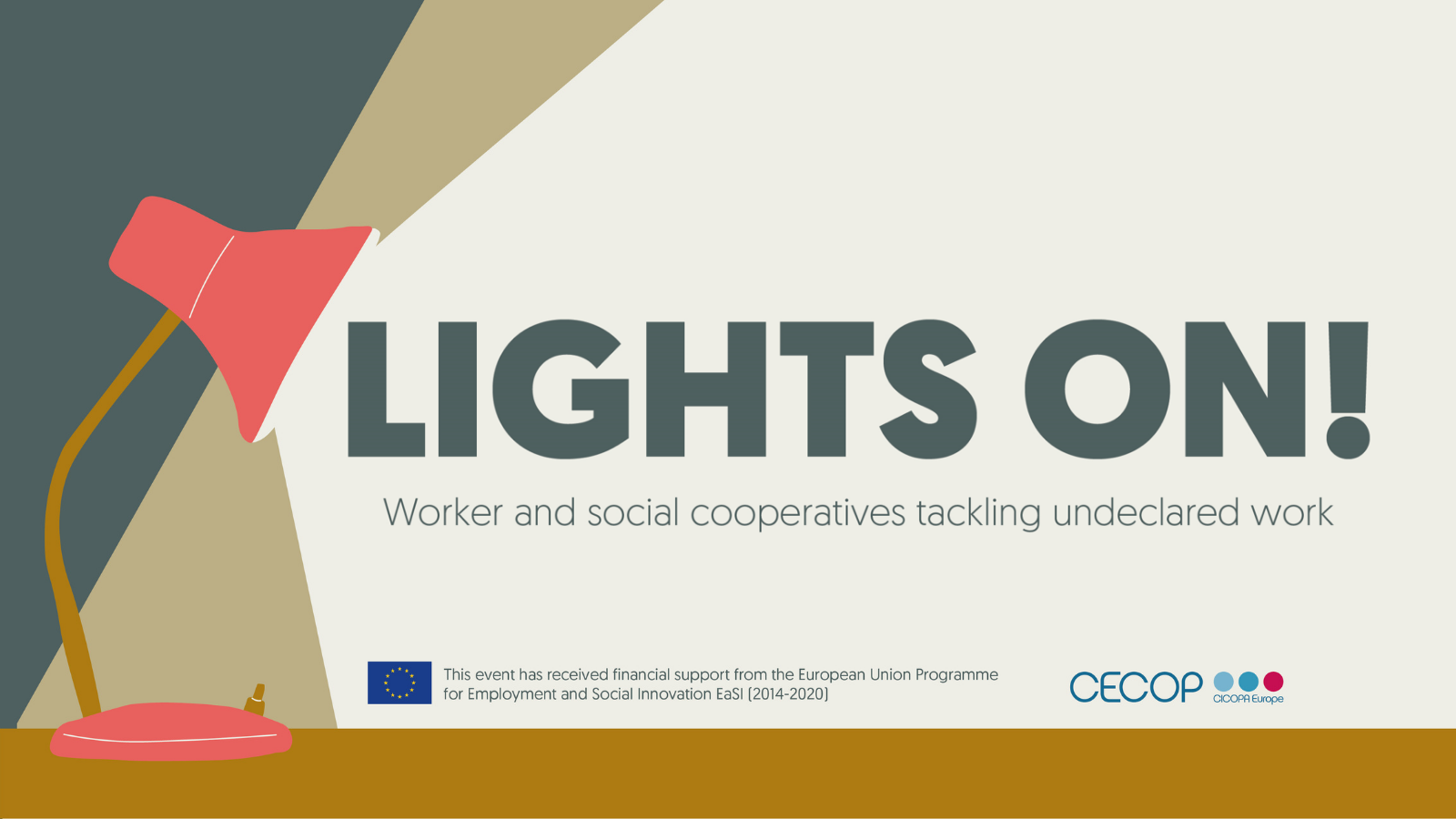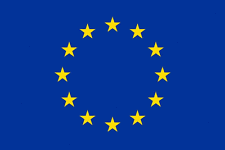
Undeclared work involves, on average, 25% of all European workers. It has various negative impacts and consequences not only on them, but on governments, welfare solidarity, and businesses too. Thus, tackling undeclared work is a major challenge at both national, and European level.
Since the 2000s, the European Commission has put in place specific programmes to tackle it, that require a holistic approach, which is a combination of punitive and preventive measures, that involve not only all social partners and key stakeholders, but also needs the national authorities to be fully committed to implementing the measures.
In this context, cooperatives have shown that they can contribute in various ways by transforming undeclared activities into legally protected work, and addressing related problems. Focusing on the qualitative analysis of 11 European cooperatives, this report explores how the cooperative model can offer concrete practices to support the transition of undeclared workers into the formal economy within the European context.
The report aims to become a tool available to the cooperative movement, European, and national policy makers, to promote a better understanding of the potential of cooperatives in tackling undeclared work.
It’s time to turn the lights on!
|
DOWNLOAD THE REPORT (Single page view) |
|
DOWNLOAD THE REPORT (Double page view) |
| EXECUTIVE SUMMARY |
Addendum: In early 2022, the report was made available in Italian and in Spanish.







 Employment & Social Inclusion
Employment & Social Inclusion 


